Signaling imbalance
Recent articles
Synaptic anomalies in autistic people support imbalance hypothesis
Increased excitatory and decreased inhibitory synapses in the prefrontal cortex of autistic people suggest broader impacts on brain function and connectivity.
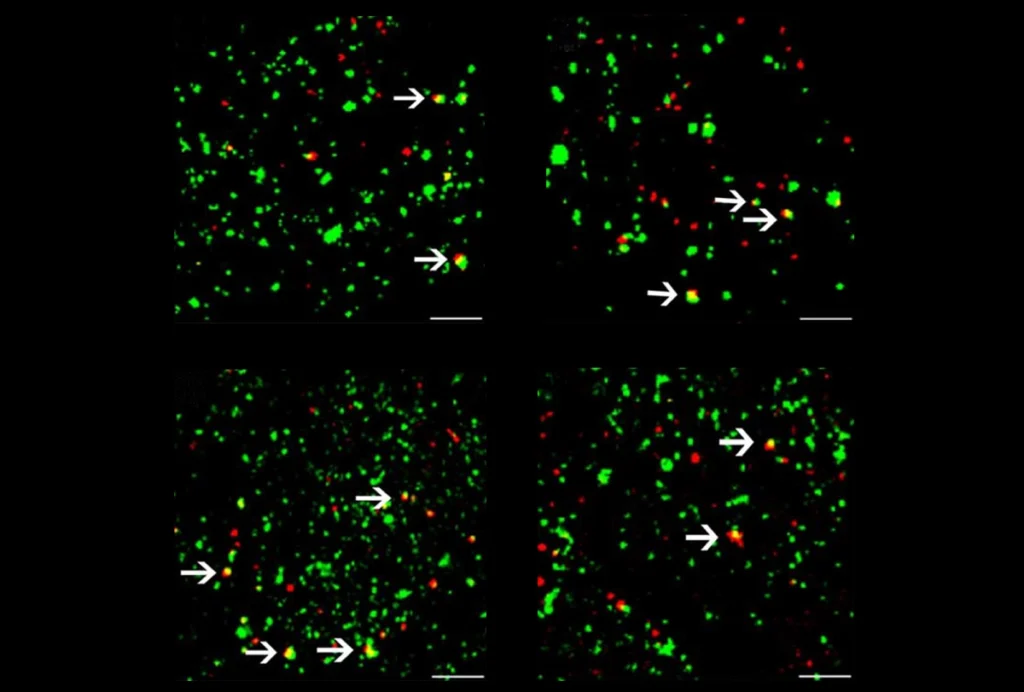
Synaptic anomalies in autistic people support imbalance hypothesis
Increased excitatory and decreased inhibitory synapses in the prefrontal cortex of autistic people suggest broader impacts on brain function and connectivity.
Some social issues in DYRK1A model mice stem from faulty inhibitory circuits
Alterations in inhibitory circuits and difficulties in social recognition characterize mice missing one copy of DYRK1A, a gene linked to autism.
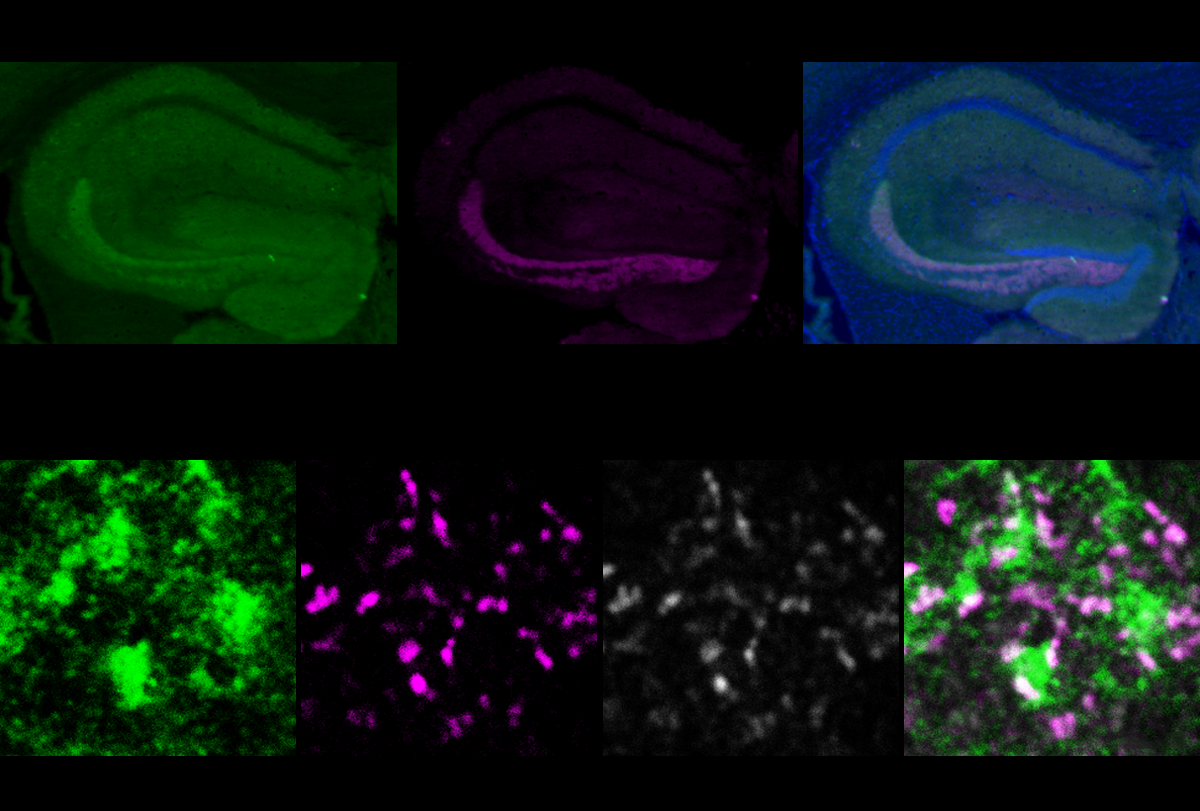
Some social issues in DYRK1A model mice stem from faulty inhibitory circuits
Alterations in inhibitory circuits and difficulties in social recognition characterize mice missing one copy of DYRK1A, a gene linked to autism.
Head size parts autism into two major subtypes
An imbalance in the number of excitatory neurons in early brain development may account for the difference.
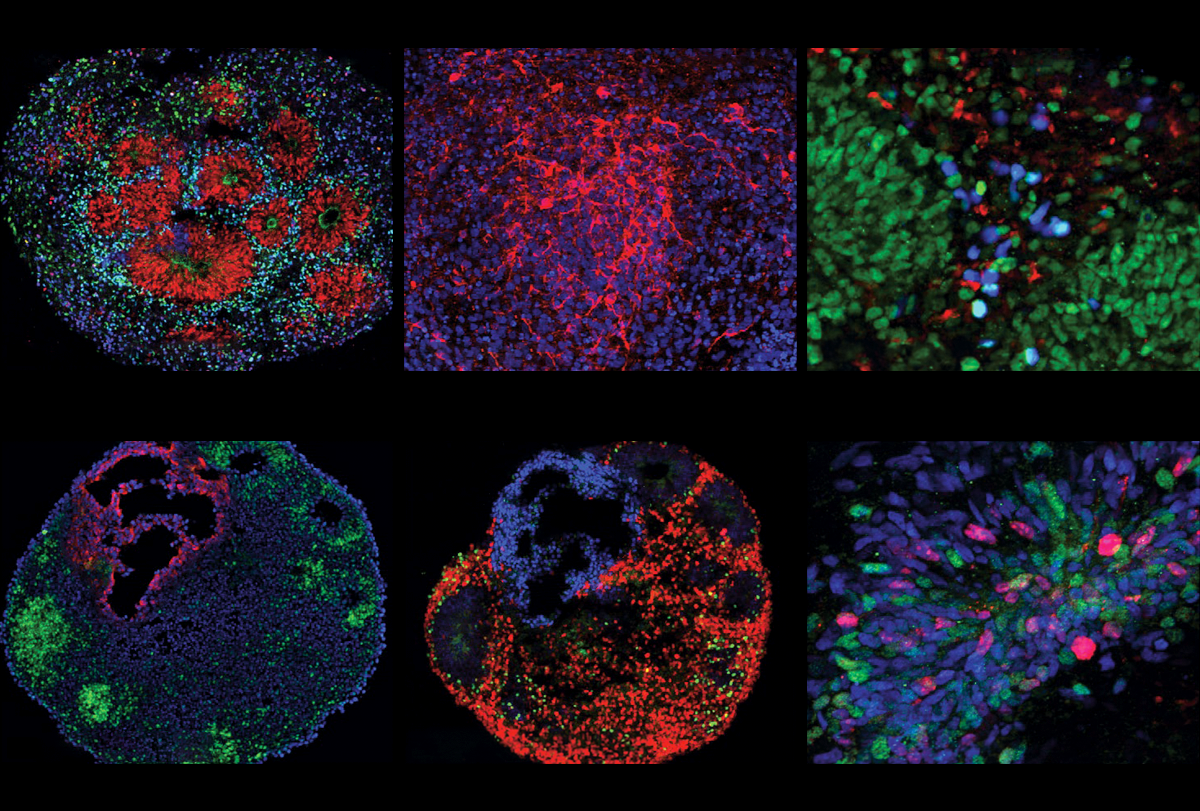
Head size parts autism into two major subtypes
An imbalance in the number of excitatory neurons in early brain development may account for the difference.
Skewed signaling in striatum may spawn repetitive behaviors
Synaptic changes in the brain region could drive a core trait of fragile X syndrome, a new mouse study suggests.
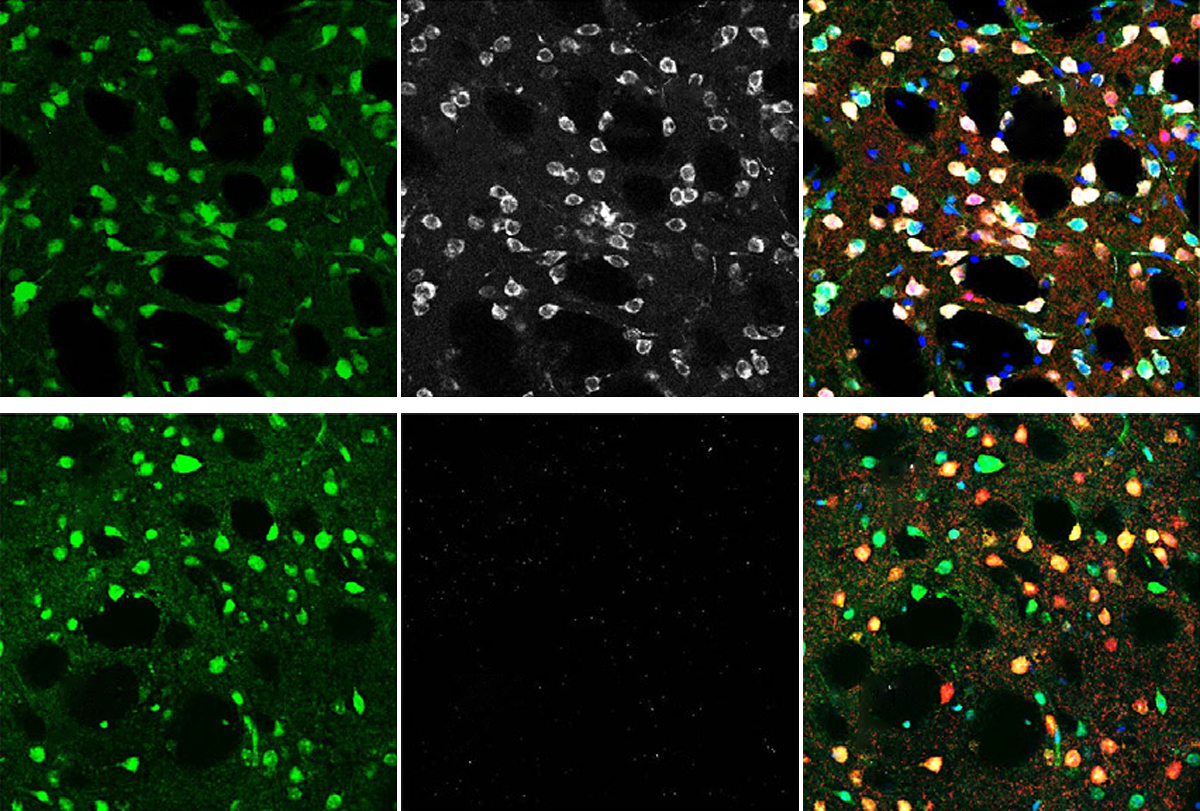
Skewed signaling in striatum may spawn repetitive behaviors
Synaptic changes in the brain region could drive a core trait of fragile X syndrome, a new mouse study suggests.
Neuronal deafness to stress may add to protein surplus in fragile X
A protective pathway that pauses protein synthesis is muted in a mouse model of fragile X syndrome, according to a new study.
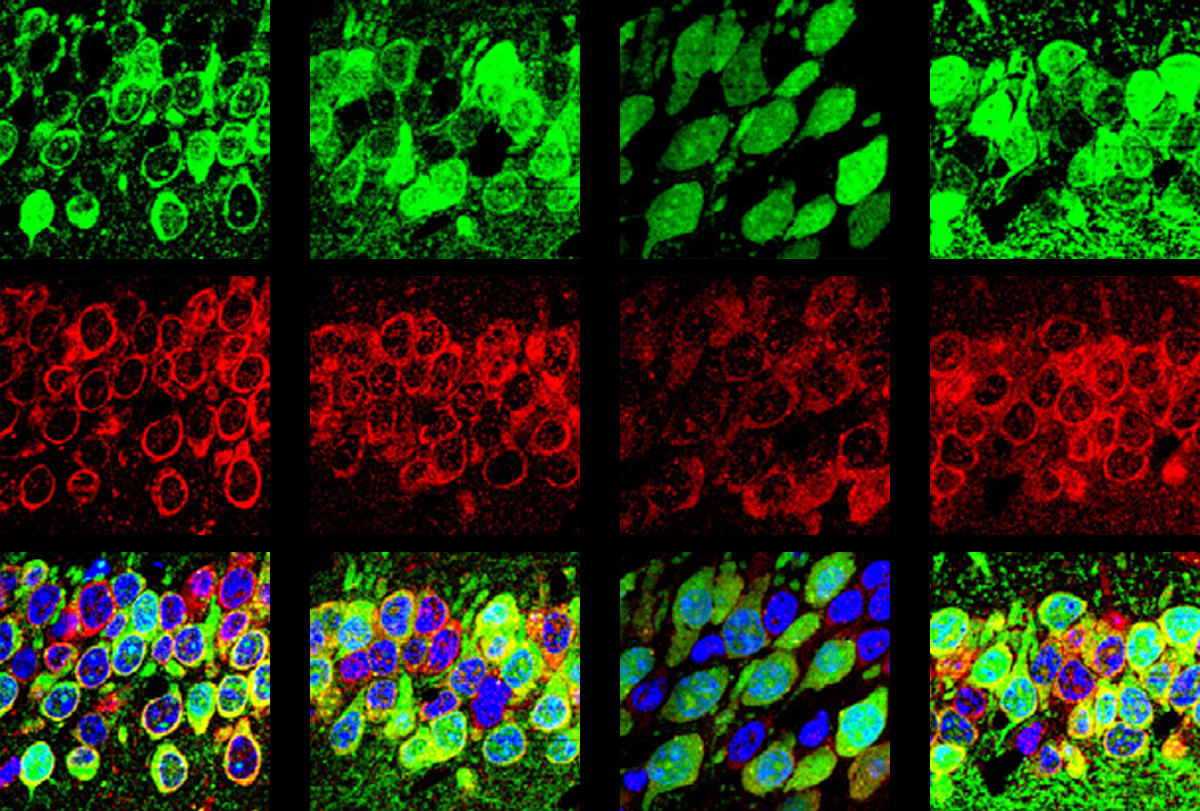
Neuronal deafness to stress may add to protein surplus in fragile X
A protective pathway that pauses protein synthesis is muted in a mouse model of fragile X syndrome, according to a new study.
Trials of arbaclofen for autism yield mixed results
Autistic children taking the drug showed improvements in some behaviors but not in their social skills.
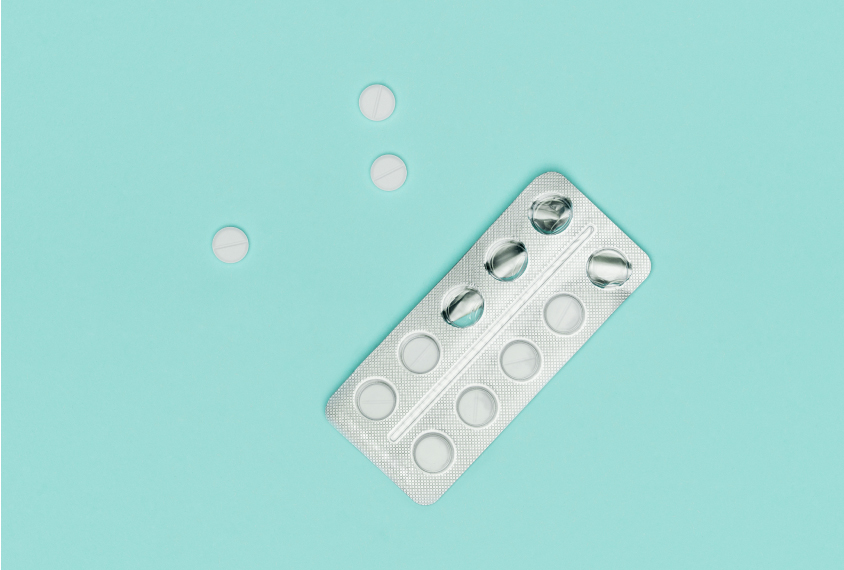
Trials of arbaclofen for autism yield mixed results
Autistic children taking the drug showed improvements in some behaviors but not in their social skills.
Cannabis compound rebalances signaling to quell seizures in mice
Cannabidiol (CBD) blocks the action of a molecule that drives an overexcitability feedback loop in a rodent model of epilepsy.
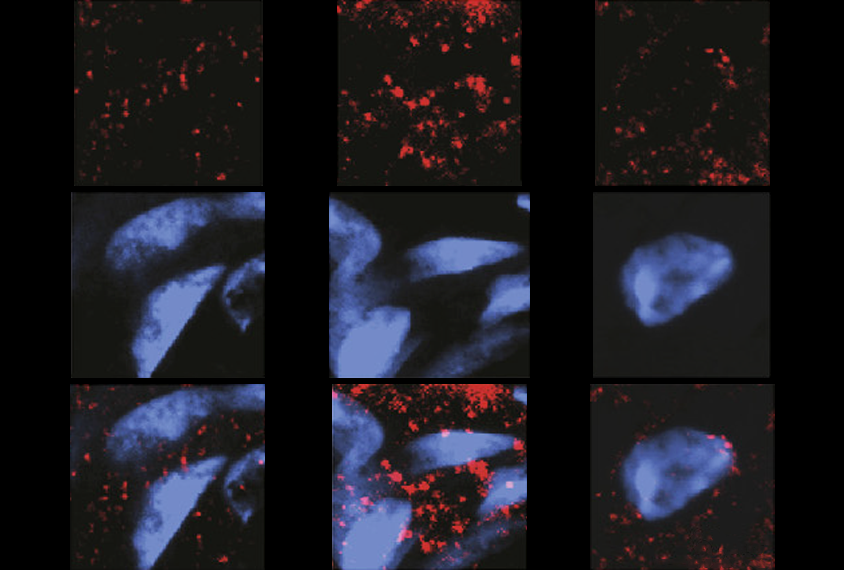
Cannabis compound rebalances signaling to quell seizures in mice
Cannabidiol (CBD) blocks the action of a molecule that drives an overexcitability feedback loop in a rodent model of epilepsy.
Unconventional optogenetics technique spurs long-lasting changes in neuronal activity
Conventional optogenetic manipulations to excite or inhibit neurons stop when the light switches off. A new approach makes the changes last.
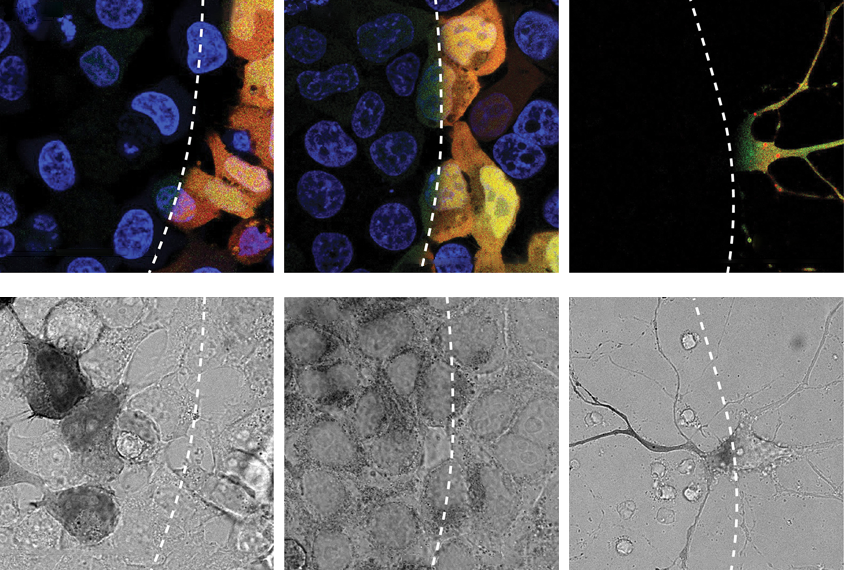
Unconventional optogenetics technique spurs long-lasting changes in neuronal activity
Conventional optogenetic manipulations to excite or inhibit neurons stop when the light switches off. A new approach makes the changes last.
Of mice and human interneurons: Q&A with Moritz Helmstaedter
People’s brains have a larger network of inhibitory interneurons than mouse brains do, according to a new study. Changes to that network could contribute to autism or other conditions, says lead investigator Moritz Helmstaedter.
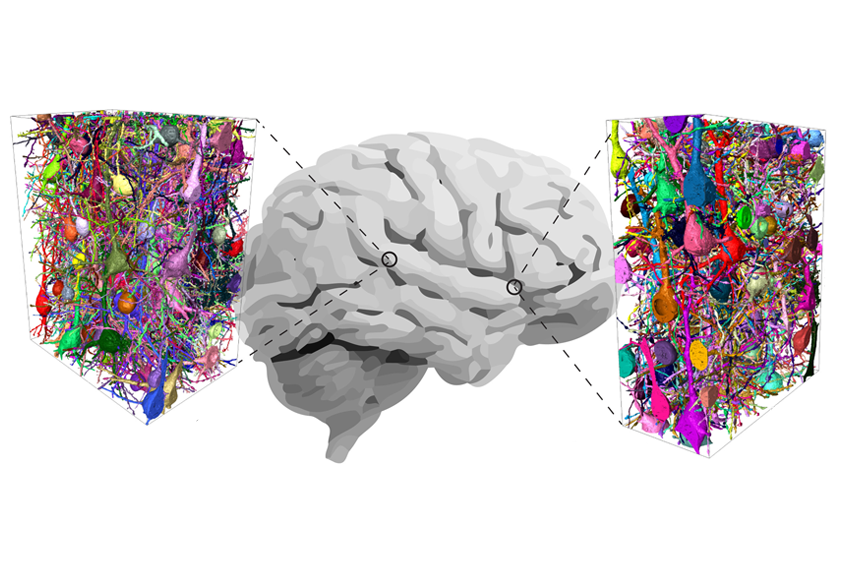
Of mice and human interneurons: Q&A with Moritz Helmstaedter
People’s brains have a larger network of inhibitory interneurons than mouse brains do, according to a new study. Changes to that network could contribute to autism or other conditions, says lead investigator Moritz Helmstaedter.
Portrait of a research field: astrocytes in autism
Long cast in supporting roles in the brain, astrocytes are now emerging as primary players in certain characteristics of autism and related conditions.
Portrait of a research field: astrocytes in autism
Long cast in supporting roles in the brain, astrocytes are now emerging as primary players in certain characteristics of autism and related conditions.
Explore more from The Transmitter
During decision-making, brain shows multiple distinct subtypes of activity
Person-to-person variability in brain activity might represent meaningful differences in cognitive processes, rather than random noise.

During decision-making, brain shows multiple distinct subtypes of activity
Person-to-person variability in brain activity might represent meaningful differences in cognitive processes, rather than random noise.
Basic pain research ‘is not working’: Q&A with Steven Prescott and Stéphanie Ratté
Prescott and Ratté critique the clinical relevance of preclinical studies in the field and highlight areas for improvement.

Basic pain research ‘is not working’: Q&A with Steven Prescott and Stéphanie Ratté
Prescott and Ratté critique the clinical relevance of preclinical studies in the field and highlight areas for improvement.
Proposed NIH budget cut threatens ‘massive destruction of American science’
A leaked draft of a Trump administration proposal includes an approximately 40 percent cut to the National Institutes of Health’s budget and a major reorganization of its 27 institutes and centers.

Proposed NIH budget cut threatens ‘massive destruction of American science’
A leaked draft of a Trump administration proposal includes an approximately 40 percent cut to the National Institutes of Health’s budget and a major reorganization of its 27 institutes and centers.